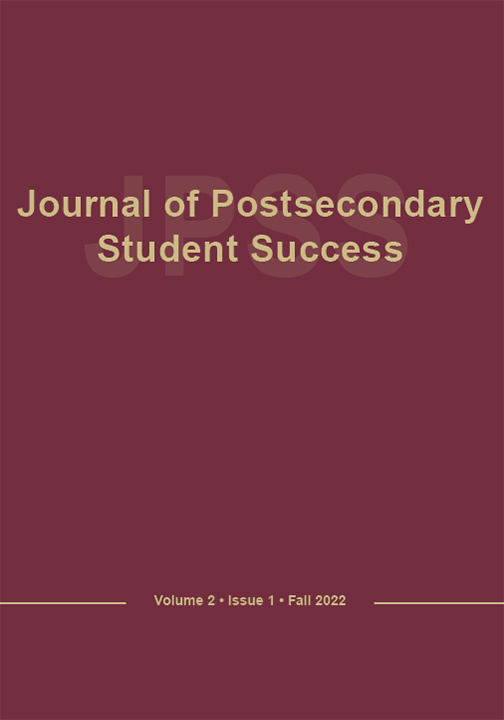Resumen
During the COVID-19 pandemic, there was perhaps no group of students better prepared to make the switch to online learning than Gen Z. Research supports the fact that Gen Z adapts quickly to and enjoys technology integration in educational spaces (Barber, 2020; Mellman, 2020; Pavao, 2020; Strawser, 2020), yet no research has explored how at-risk students experience online learning and how these students uniquely adopt persistence strategies to succeed. As a result, this content analysis investigates the online discussion board posts from a credit-bearing student success course for at-risk Gen Z students on warning or probationary financial aid status (GPA < 2.00 or below a 67% completed over attempted credit hours ratio) to learn how these students reflected on their online learning experiences and their precarious status at their institution. Findings echoed prior studies where students felt their biggest challenges were distractions and their own procrastination. Moreover, students reported feeling like a burden, students could not learn and socialize effectively in online settings, and students did not have knowledge of institutional support that could have helped them persist during the pandemic. However, students unearthed unique persistence strategies, such as blending tactile learning strategies into their online learning environment and strategically segmenting their technology use during class sessions. Implications for research, policy, and practice are addressed.

Esta obra está bajo una licencia internacional Creative Commons Atribución 4.0.
Derechos de autor 2022 Elizabeth Rainey & Zachary Taylor
